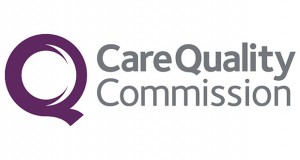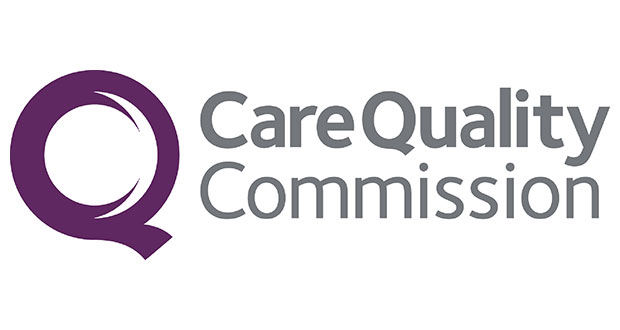Hospices Offering More ‘Outstanding’ Care Than Other Services Regulated By CQC
 Hospice care across England has the highest percentage of services rated ‘Outstanding’, according to a new report from the Care Quality Commission (CQC).
Hospice care across England has the highest percentage of services rated ‘Outstanding’, according to a new report from the Care Quality Commission (CQC).
The State of Hospice Services in England, 2014 to 2017 published during Hospice Care Week and ahead of World Hospice and Palliative Care Day tomorrow (Saturday 14 October) has found that 25% of hospices are rated as Outstanding (51 services), with a further 70% (142 services) being rated as Good. This is in comparison to around 6% of NHS acute hospitals, 4% of GP services and 2% of domiciliary care agencies, nursing homes and residential homes being rated Outstanding.
In particular, inspectors found that hospice leaders and frontline staff displayed a strong commitment to providing truly person-centred, compassionate care and support to people using their services, and their loved ones, as well as developing strong relationships with other services in the area.
However there is more to be done to make sure that everyone, regardless of their background or circumstances, has access to high-quality end of life care. Hospice services rated as Outstanding were found to be striving to overcome such inequalities and share their expertise to drive better care in other services. For example, inspectors found that St Ann’s Hospice in Salford has engaged with its local transgender community to help understand their specific anxieties and concerns as well as operating an ‘Exchange Programme’ with its local NHS Foundation Trust so nurses from both can spend time in the other’s setting and expand their skills. Also, Dorothy House Hospice Care near Bath runs a dedicated partnership project to support homeless people at the end of life and worked with Royal United Hospital on projects to support people to leave hospital more quickly, if the hospice could offer them care away from the acute setting.
While there are only 217 hospice services registered with CQC in England, hospices across the UK care for around 200,000 people a year in hospices and the community with terminal and life-limiting conditions, and their families, as well as offering bereavement support to a further 40,000 people.
Andrea Sutcliffe, Chief Inspector of Adult Social Care at the Care Quality Commission, said: “People often access hospice care at a time when their complicated health and social care needs have to be met alongside compassionate emotional support. This is not a simple thing to do.
“It was clear from our inspections that the vast majority of hospices have the needs of people and their families at the centre of their work. It is particularly encouraging to see services committed to continuing improvement reach out to groups they had little contact with in the past to understand the obstacles they have faced and how they can support them better now and in the future.
“To see dedicated staff have such careful consideration of the whole person and their needs was a privilege for inspectors and something I would encourage other services to learn from.”
Jonathan Ellis, Director of Policy and Advocacy, at national hospice and palliative care charity Hospice UK, said: “We are delighted that more than nine in ten hospices have been rated good or outstanding by the Care Quality Commission, highlighting the remarkably high standard of care they provide. It reflects the expertise, passion and commitment of hospice staff and volunteers and the strong leadership and positive work culture within the sector.
“With its holistic, highly caring approach, hospice care can be transformative for dying people and their families, however we know there is no room for complacency and delivering good or outstanding care is an ongoing process.
“At a time when there is growing public concern about the quality of care that people receive in the health and social care system, hospices are demonstrating that it is possible to deliver expert care with compassion. Many hospices are working in partnership with other local services to help make sure that everybody gets the care they deserve and need, wherever they may be cared for.”
CQC embarked on a new approach to regulating hospice care in October 2014 after much consultation with the sector and other stakeholders. Between October 2014 and January 2017, CQC has been inspecting hospice services, along with other adult social care services, using clear standards of care and ratings which allow services to understand their responsibilities and help members of the public to easily see the level of care being offered by a provider.





